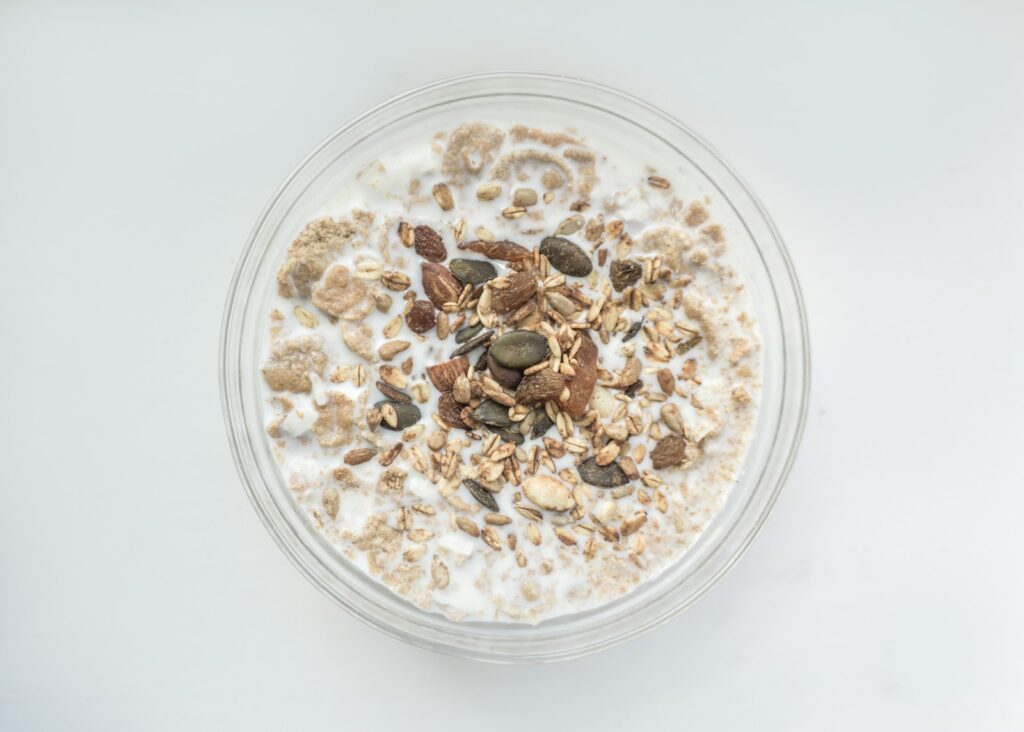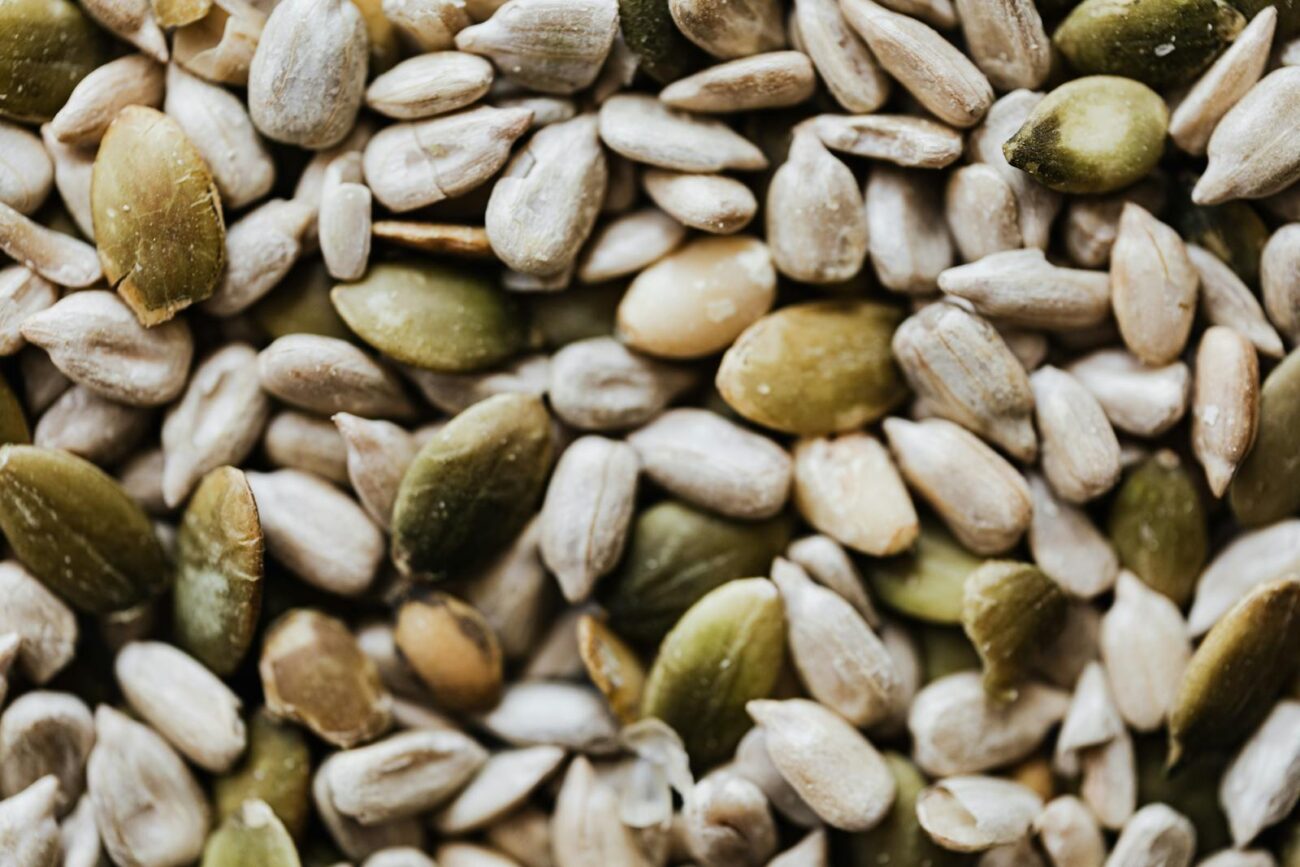Sunflower seeds aren’t just a tasty snack; they’re a nutritional powerhouse that can support heart health, boost immunity, and provide lasting energy. Recently, the sunflower seed diet has gained popularity as more people look for natural, plant-based foods to improve their overall health and weight management.
But what exactly does this diet involve, and is it really effective? Let’s dive into the details.
What Is the Sunflower Seed Diet?
The sunflower seed diet doesn’t mean you’ll only eat seeds all day. Instead, it involves incorporating sunflower seeds into your daily meals as a healthy source of protein, fiber, and essential fats. Because they are nutrient-dense and filling, sunflower seeds can help reduce snacking on processed foods and support weight control.
Nutritional Profile of Sunflower Seeds (per 1 ounce / 28g)
- Calories: ~165
- Protein: 6g
- Fat: 14g (mostly healthy unsaturated fats)
- Fiber: 3g
- Vitamin E: 37% of the daily recommended intake
- Magnesium: 9% of daily needs
- Selenium: 32% of daily needs
This combination makes them excellent for overall health while keeping you energized.
Health Benefits of the Sunflower Seed Diet
1. Supports Heart Health
Rich in unsaturated fats, magnesium, and vitamin E, sunflower seeds help reduce bad cholesterol (LDL) and protect against heart disease.
2. Aids in Weight Management
The fiber and protein in sunflower seeds keep you fuller for longer, reducing unnecessary snacking and supporting weight loss goals.
3. Boosts Immunity
Packed with selenium, zinc, and vitamin E, sunflower seeds strengthen your immune system and protect cells from oxidative stress.
4. Enhances Skin and Hair
Vitamin E and essential fatty acids in sunflower seeds nourish your skin, giving it a natural glow, while also supporting healthy hair growth.
5. Provides Energy and Muscle Support
The magnesium and protein help reduce fatigue and support muscle recovery, making sunflower seeds a great post-workout snack.
How to Add Sunflower Seeds to Your Diet
- Snack smart: Eat a small handful as a mid-morning or afternoon snack.
- Add to salads: Sprinkle roasted seeds on top for crunch and nutrition.
- Blend into smoothies: Use unsalted seeds for a nutty flavor boost.
- Mix with yogurt or oatmeal: Perfect for a protein-packed breakfast.
- Use in baking: Add seeds to bread, muffins, or energy bars.
- Make sunflower seed butter: A great alternative to peanut butter.
Risks and Things to Keep in Mind
- Calorie-dense: Sunflower seeds are healthy but high in calories, so moderation is key.
- Salt content: Many packaged seeds are heavily salted. Choose unsalted or lightly salted versions.
- Allergies: Some people may have seed allergies, so introduce them gradually if you’re unsure.

The sunflower seed diet isn’t about restriction—it’s about adding nutrient-rich seeds to your meals for better health, energy, and balance. When eaten in moderation, sunflower seeds can support weight management, heart health, and overall wellness.
✨ Tip: Stick to a handful (about 1 ounce) per day to enjoy the benefits without overdoing the calories.

